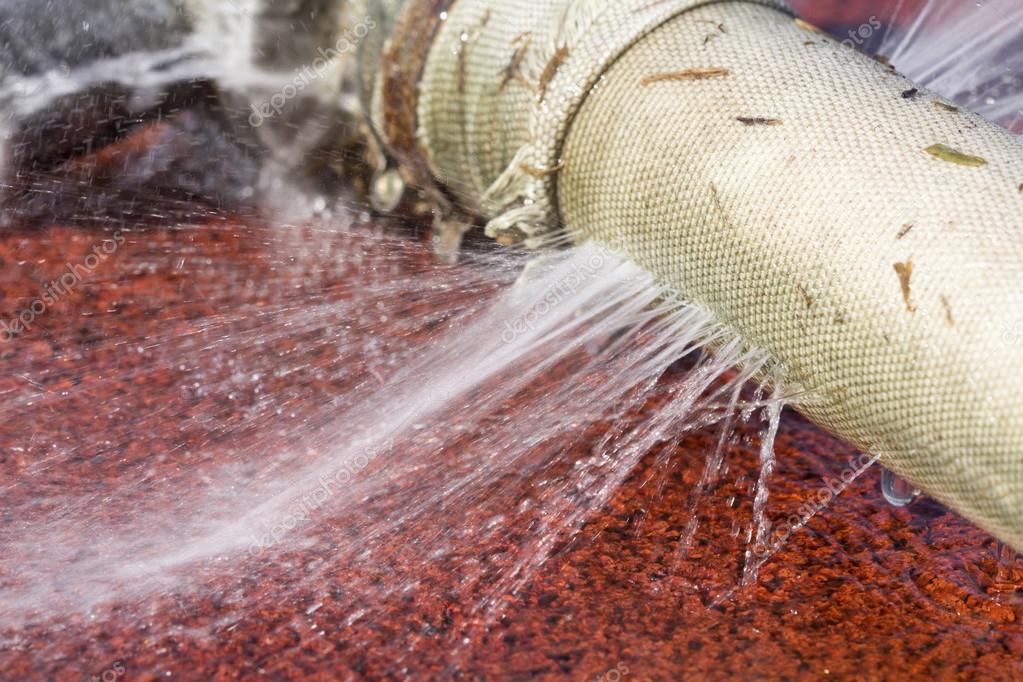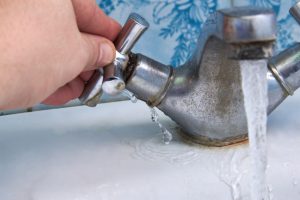The article author is making a few great pointers about Common Causes of Water Leaks in the Home as a whole in the article which follows.

"Be cautious of little costs. A tiny leak will certainly sink a great ship." - Benjamin Franklin.
He could not have been extra ideal since water leakages in our houses cause a waste of sources, raising our water expenses. Although this increase could seem negligible in the beginning, it can result in substantial expenses that can damage your financial institution. In addition to a rise in costs, water leakages also cause unwanted organic development, structural damage, and also electric dangers.
If you have a water leak isn't always very easy due to being not able to see most of the pipework in your residence, figuring out. Nevertheless, If you have had a boost in your water bills recently, observed water discolorations on ceilings and also walls, scented lousy odor, etc. You might want to consider requesting plumbing services to get it took a look at.
There are a number of reasons for water leakages, and we have actually put together the common factors listed below. Examine to see if you have had related issues in your house just recently.
Clogged drains pipes
Food particles, dust, as well as oil can trigger clogged drains pipes as well as block the flow of water in and out of your sink. If undealt with, increased stress within the rain gutters can trigger an overflow and also finish up fracturing or breaking pipes. To stay clear of clogged up drains in your house, we advise you to stay clear of putting bits down the drain and also normal cleaning of sinks.
High water stress
You noticed your house water pressure is higher than usual yet after that, why should you care? It's out of your control.
It would be best if you cared since your ordinary water stress should be 60 Psi (per square inch) and also although your house's plumbing system is designed to endure 80 Psi. A rise in water pressure can put a stress on your residence pipes and also bring about cracks, or worse, ruptured pipes. If you ever before notice that your residence water stress is greater than normal, contact a specialist about regulating it.
Rust
As your pipework ages, it obtains weaker and also a lot more vulnerable to rust after the regular flow of water through them, which can gnaw at pipelines as well as trigger fractures. A visible indication of corrosion in your house plumbing system is staining and although this could be difficult to spot because of a lot of pipes hidden away. We encourage doing a constant check-up every few years and transform pipelines once they are old to make certain a sound plumbing system
Deteriorated pipe joints
Pipe joints are the components of our plumbing system where the pipes attach. It is essential to note that also though pipes are created to stand up to stress and last for a while, they weren't created to last for life; therefore, they would weaken over time. A typical sign of damaged pipeline joints is excessive sound from taps.
Broken seals
Another reason for water leakages in homes is damaged seals of house appliances that utilize water, e.g., a dishwasher. When such home appliances are set up, seals are set up around water adapters for very easy passage of water via the equipment. Thus, a broken seal can trigger leakage of water when in use.
With little or no expertise of plumbing, understanding your residence's plumbing system sufficient to deal with some of these concerns (without effect) can be a headache. Contact plumbing specialists in Pittsburgh, Providence, Rochester, and environ today, as well as they'll make those problems vanish.
He couldn't have actually been much more best due to the fact that water leakages in our houses result in a waste of resources, enhancing our water bills. If you have had a boost in your water costs recently, saw water spots on ceilings as well as wall surfaces, scented poor smell, etc. A boost in water stress can place a pressure on your home pipes and lead to fractures, or even worse, ruptured pipes. An additional reason of water leaks in homes is broken seals of home devices that use water, e.g., a dishwashing machine. When such home appliances are set up, seals are mounted around water adapters for very easy flow of water through the device.
5 TIPS IN DETECTING A WATER LEAK IN YOUR HOUSE
Water leaks can be hard to find in your home, yet they can be so common. We rely on water every day in our home, which is why a leak can cause big problems. By detecting them early, you can save money and further damage, getting the problem fixed as soon as possible. Here are 5 tips to help you detect a water leak in your home, so you can contact a plumber straight away and get the issue sorted.
Check your water meter
Many people underestimate the value of the water meter in their home. It can be one of the best ways to tell if you have a leak early on, so you can get on top of it before issues start arising. Start by turning off all the water in your home: taps, washing machine, dishwasher, etc. Now take a look at the meter – if it’s still changing with everything turned off, it’s likely you have a fast-flowing leak that you need to get on top of straight away. If nothing changes, then leave your meter for an hour or two and come back to it. Did it change in this time? It’s likely you have a slower leak, which isn’t as urgent but still handy to get fixed so it doesn’t become a bigger problem.
Keep an eye on your bill
Another good way to detect a leak in your home is by keeping an eye on your water bill. It helps if you have a past bill from the same period of time. You can compare like for like and determine whether your water usage has increased significantly. If it has, there may be a leak in your system that you haven’t picked up before. A professional plumber can check through all of your pipes and determine where it is coming from.
Look for damage
If you have a leak inside your home, you will notice damage over time. Take a look at your showers and bathtubs and note whether any of the tiles surrounding the area seem to be discoloured or damaged in any way. There may be water stains, mould or peeling material that has resulted from a build up of moisture over time. Make sure you take a look under sinks at the back of cupboards that don’t get accessed regularly. This is where damage can go unnoticed and build up over periods of time.

Do you enjoy reading up on How to Find and Prevent Water Leaks in Your Home? Try leaving a short review below. We'd be delighted to find out your thoughts about this article. In hopes that you come back again before long. If you please set aside a second to share this content if you enjoyed reading it. Thanks a bunch for your time. Visit us again soon.
Urgent plumbing disruptions? Contact now